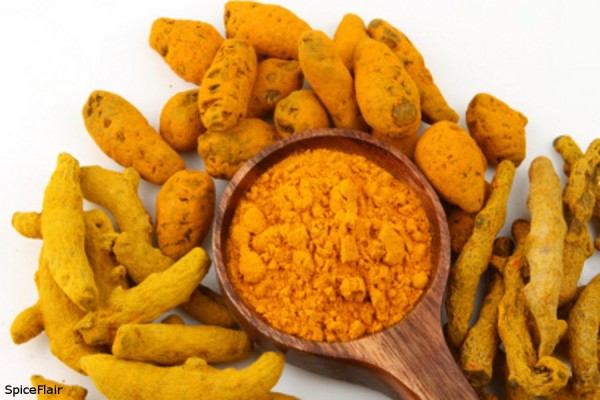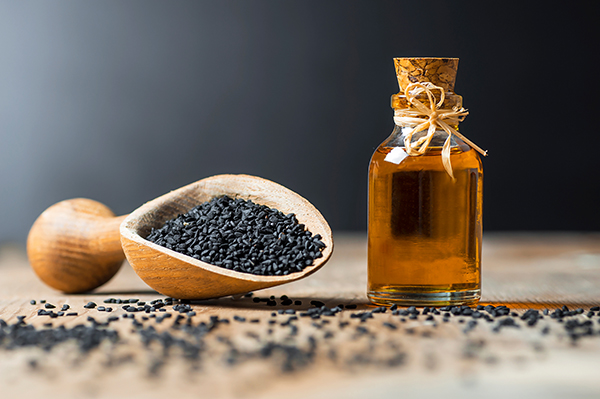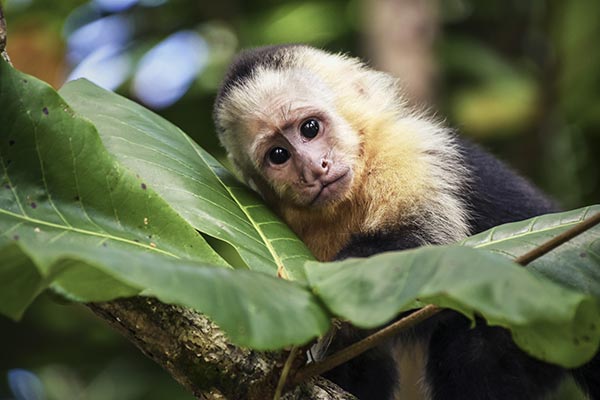 Parler
Parler Gab
Gab
The origins of frankincense can be traced to the Arabian Peninsula. According to Herodotus (5th century BC):
"Arabia is the only country which produces frankincense, myrrh, cassia, and cinnamon.. the trees bearing the frankincense are guarded by winged serpents of small size and various colors. (See this GreenMedInfo Summary)."
Frankincense, along with gold and myrrh, is one of the most famous Christmas presents in history, and is a fragrant plant resin extracted from the Boswellia sacra tree found across Africa and Arabia. Using the compound AKBA (acetyl-11-keto-beta-boswellic acid) derived from the resin, the research has successfully shown its potential effectiveness in targeting ovarian cancer.
More specifically, they have been able to demonstrate the ability of AKBA to combat cancer cells in late-stage ovarian cancer.
Lead researcher Kamla Al-Salmani, PhD student from the University's Department of Cancer Studies and Molecular Medicine explained:
"After a year of studying the AKBA compound with ovarian cancer cell lines in vitro, we have been able to show it is effective at killing the cancer cells. Frankincense is taken by many people with no known side effects. This finding has enormous potential to be taken to a clinical trial in the future and developed into an additional treatment for ovarian cancer."
Frankincense has been used as a folk medicine for centuries due to its anti-inflammatory properties, making it a viable treatment for asthma, skin conditions and gastroenteritis among others. Previous studies have also successfully linked AKBA as a potential treatment for many other cancers, including colon, breast and prostate cancer; however this is the first study to demonstrate its potential in combating ovarian cancer.
The researchers have shown that this frankincense compound is effective at killing ovarian cancer cells at realistic concentrations. What has been most surprising is that the cells we have tested which are resistant to chemotherapy have shown to be more sensitive to this compound, suggesting frankincense may indeed be able to help overcome drug resistance, and lead to an improved survival rate for patients with late-stage ovarian cancer.
Additional reading:
- Human bladder cancer cells and immortalized normal bladder cells were studied using Frankincense oil; Frankincense oil appears to distinguish cancerous from normal bladder cells and suppress cancer cell viability
- This study compares Boswellia sacra essential oil hydrodistilled at 100 °C vs 78 °C in inducing cancer cell death in cultured breast cancer cells; the oil prepared at 100 °C was more potent in inducing breast cancer cell-specific cytotoxicity
- Essential oil hand massage was used with hospice patients with terminal cancer with a positive effect on pain and depression
- Boswellia contains a compound (AKBA) which has inhibitory properties in meningioma cells
- Boswellia contains a compound which suppresses proliferation and induces programmed cell death in meningioma cells
Anti-parasite benzimidazole drugs show promise for treating cancer, but remain SUPPRESSED by the FDA
By Lance D Johnson // Share
The power of peppermint: 15 health benefits revealed
By News Editors // Share
Turmeric’s ‘smart kill’ properties put chemo & radiation to shame
By News Editors // Share
The skin healing properties of black seed oil
By News Editors // Share
Propaganda from the 1950s shows how the polio vaccine was made – and it’s not pretty
By Ethan Huff // Share
Governments continue to obscure COVID-19 vaccine data amid rising concerns over excess deaths
By patricklewis // Share
Tech giant Microsoft backs EXTINCTION with its support of carbon capture programs
By ramontomeydw // Share
Germany to resume arms exports to Israel despite repeated ceasefire violations
By isabelle // Share











